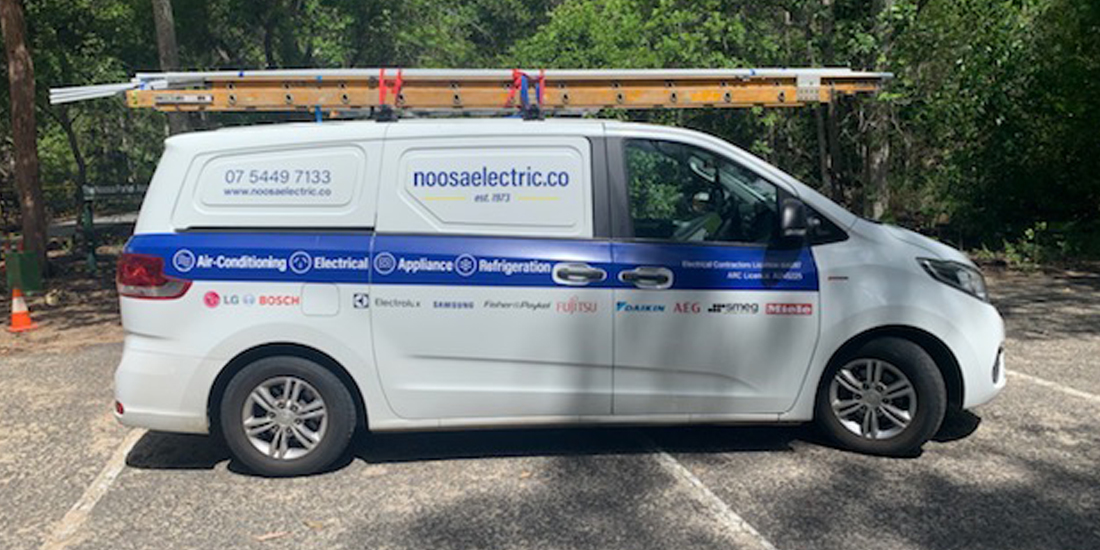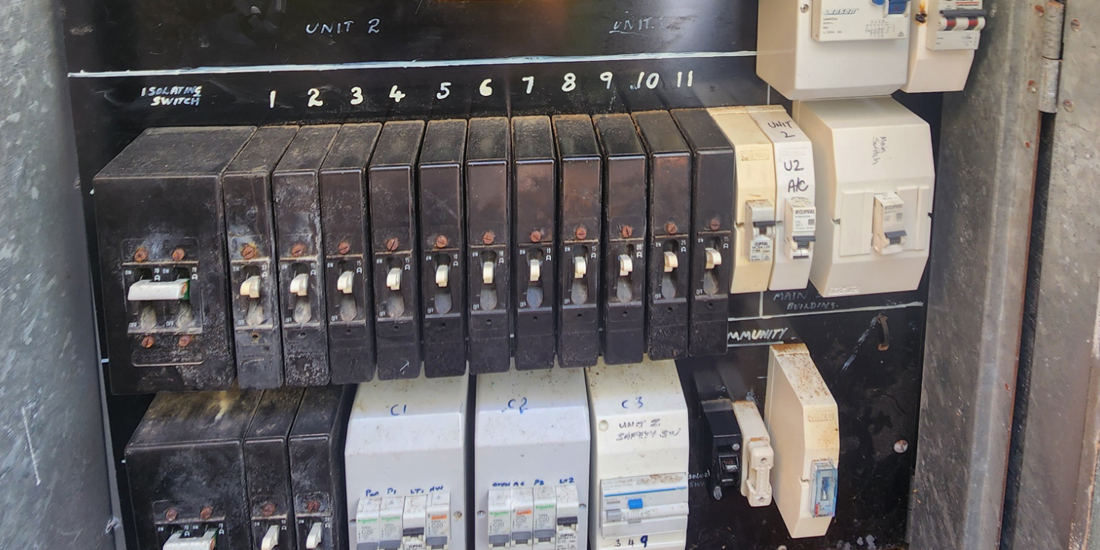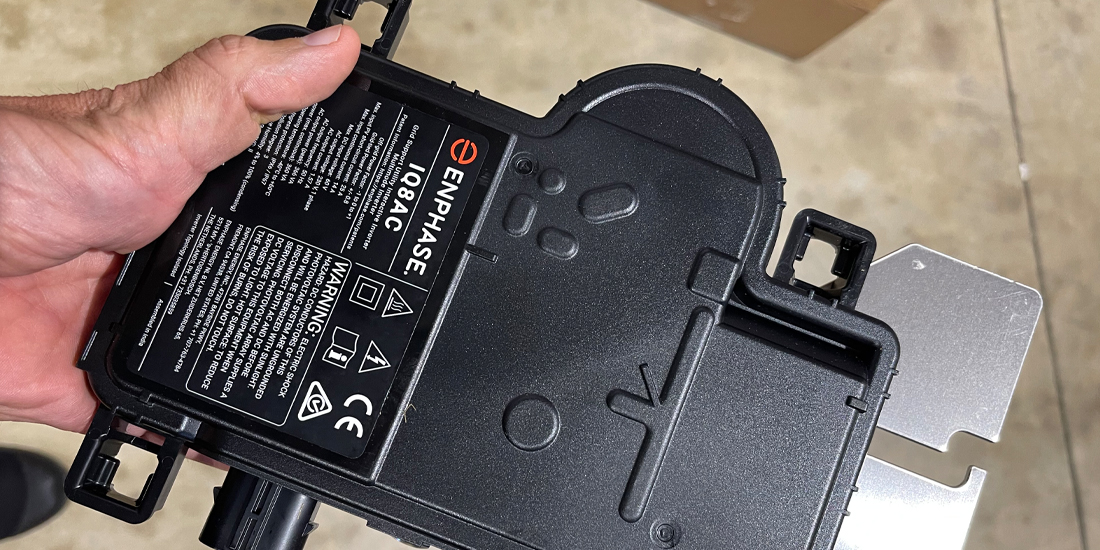Energy is getting expensive. If you haven’t done so already, now is a great time to become familiar with how energy is used in your home, and look at the options you have to optimise your usage – and reduce your power bills.
1. Become Familiar with Your Power Usage
We all use power, but how well do you understand your own power usage? By becoming familiar with key terms and measures, you will be able to build a better picture of how your home is performing power-wise. Here are some key points:
a. Do you know what a Kilowatt-Hour (kWh) is?. This is the measurement used to calculate your electricity usage. A kilowatt hour is 1,000 watts used for one hour.
b. Understand your average annual kWh. Compare it to the Average in QLD for a home with the same number of people living in it. The annual average for QLD is 5535 KwH (SRC: https://www.finder.com.au/how-much-energy-does-the-average-home-use), but the amount varies depending on the area and the number of people. A great option to understand how you stack up is to do the quick test at energymadeeasy.gov.au where you can learn how you perform compared to other similar-sized homes in your local area.
d. Understand how this breaks down monthly.
e. Understand how the different seasons affect your energy use.
f. Review your electricity bill and make sure you are familiar with what it means.
2. Optimise Your Energy Company
Energy companies have different deals. Depending on your needs, using the right company and the right deal can make a big difference.
a. Checkout competitors for best deals
b. Review https://www.canstarblue.com.au/electricity/cheapest-electricity-prices-qld/ for ideas and comparisons
c. Make sure you’re aware of energy discounts which may be available from time to time for items such as: paying your bill on time; paying by direct debit; receiving invoices by email; signing up online; award point programs
d. Be aware of fixed vs variable rates on energy deals

3. On-Peak & Off-Peak
Understanding the difference between on-peak and off-peak is critical to optimise your electrical bill. On-Peak means times during the day when more people use electricity. Off-Peak are times of less electrical usage. Depending on your plan, during on-peak times electricity can be more expensive, and during off-peak times, electricity can be cheaper.
4. Understand Energy Tariffs
Energy tariffs are different ways that electricity usage can be billed. Depending on your needs, using the right tariff can make a big difference to your power bill. The following are examples of tariffs in use in Australia:
a. Single Rate: You pay the same rate at all times of the day.
b. Time of Use: Time of Use tariffs charge electricity at different prices through different times of the day. This can make it cheaper for you to use power at certain times.
c. Controlled Load: When certain devices or appliances (usually, high-energy ones) are metered separately.
d. Demand: With a Demand Tariff, billing is based on how much load you put on the network during peak electrical times.

5. Solar Energy Solutions

By generating your own solar energy, you can eliminate, or minimise, the need for your power to be linked to an electricity provider giving greater control over your electricity usage and saving money in the long-term.
a. Solar plus an electric vehicle saves money on power and fuel
b. Optimise your solar use for different times of the day.
“Using their cheap solar electricity in the middle of the day when it’s being generated is one of the ways that you get the best bang for buck out of having solar panels on your roof.”
Chris Barnes, Choice (SRC: https://bit.ly/3Pl1WUe)
c. Monitor your feed-in tariff (FiT) – what you can earn back on your power bill when your solar system generates more energy than your household uses
d. Manage your solar power using smart software
e. Store power with a battery, to increase your energy independence
Learn More About Energy Management
If you’re interested in learning more about energy management solutions or getting a quote, please contact our team. We service Noosa and surrounding suburbs.
